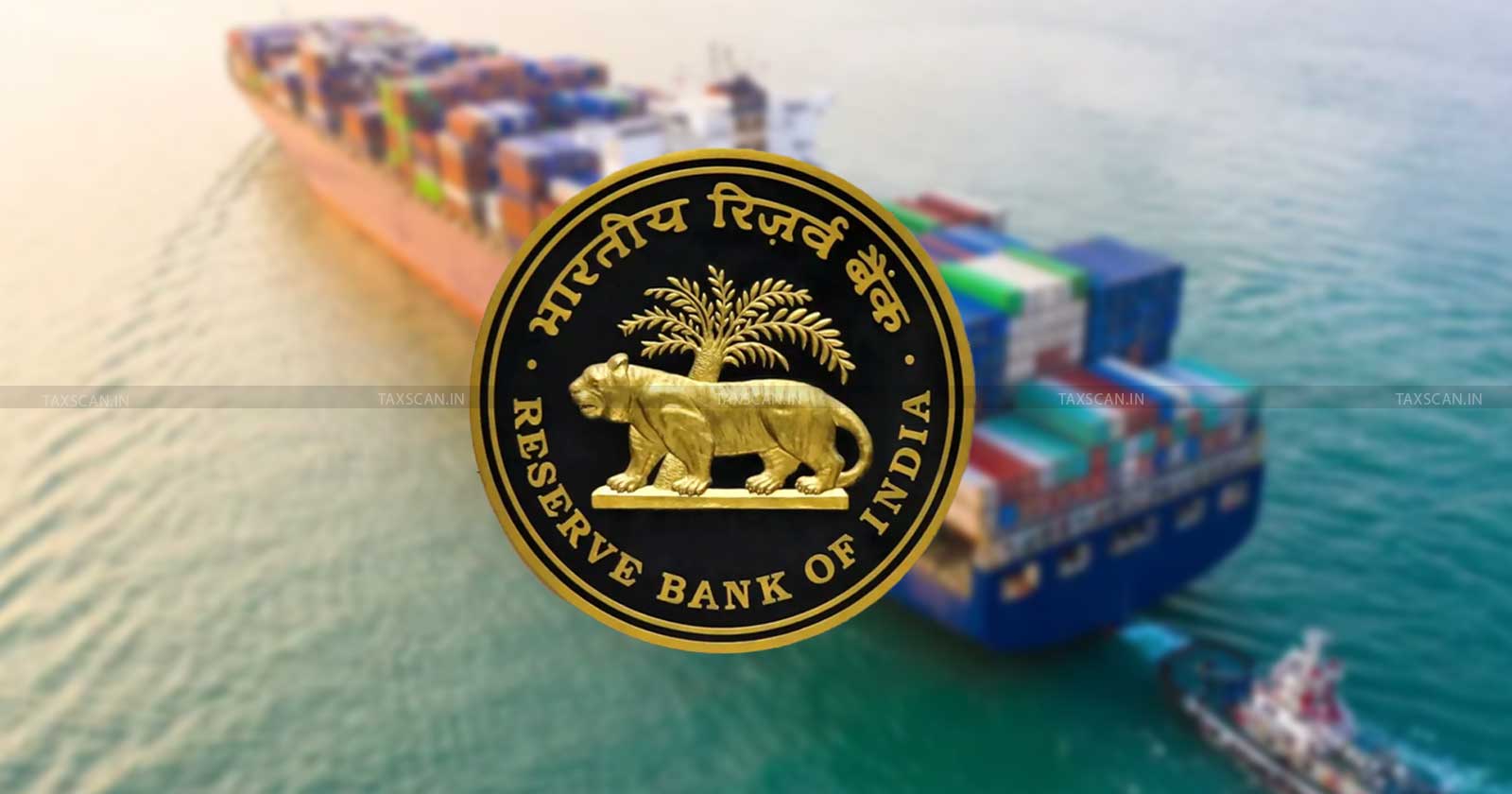Centre Notifies The Carriage of Goods By Sea Act, 2025: Key Changes for Maritime Trade [Read Act]
The Act traces its origin to the Brussels maritime law conferences and protocols aimed at unifying rules on bills of lading
![Centre Notifies The Carriage of Goods By Sea Act, 2025: Key Changes for Maritime Trade [Read Act] Centre Notifies The Carriage of Goods By Sea Act, 2025: Key Changes for Maritime Trade [Read Act]](https://images.taxscan.in/h-upload/2025/08/09/2074874-centre-notifies-the-carriage-of-goods-by-sea-act-maritime-trade-taxscan.webp)
The Government of India has officially notified The Carriage of Goods by Sea Act, 2025 (Act 19 of 2025). The Act received the President’s assent on August 8, 2025 and has been published in the Gazette today - 09 August, 2025.
The Act provides a contemporary framework on the responsibilities, liabilities, rights and immunity enjoyed by carriers with respect to the carriage of goods by sea and will come into force on a date to be notified by the Central Government.
 Also Read:New CBIC Guidelines for Import and Export through Personal Carriage Effective from May 1, 2025
Also Read:New CBIC Guidelines for Import and Export through Personal Carriage Effective from May 1, 2025
The Act finds its origins from the joint international effort taken at the International Conference on Maritime Law held at Brussels in October 1922. At the time, a draft convention to unify rules on bills of lading was recommended. Those rules were amended in 1923 and by subsequent Protocols in 1968 and 1979.
The Carriage of Goods by Sea Act, 2025 adopts these rules with modifications in its Schedule, aligning domestic carriage documentation and liability standards with the Brussels framework while tailoring certain aspects relevant to Indian trade.
Comprehensive Guide of Law and Procedure for Filing of Income Tax Appeals, Click Here
The Act lays down several provisions outlining the duties and liabilities of carriers. Below are some key features:
Carriers must exercise due diligence before and at the beginning of the voyage to make the ship seaworthy, properly manned and equipped, and to render cargo spaces fit and safe.
Once goods are received, carriers are bound to properly load, stow, carry, care for and discharge the goods, and to issue bills of lading that record identifying marks, number/quantity or weight and their apparent condition.
Each bill of lading that is issued in India must expressly state that it is subject to the rules applicable under the Act; any contractual clause that lessens carrier liability below the statutory standard is rendered void.
The Act also provides a strict procedure and timeline for handling claims: notice of loss or damage must be given at or before the removal of the goods or within three days if the loss or damage is not apparent.
Suits must be filed within one year of delivery or the date when delivery should have occurred, with the one-year period being extendable by mutual agreement after a dispute has arisen and upon permission granted by the court, extending the limit for a further three months.
Comprehensive Guide of Law and Procedure for Filing of Income Tax Appeals, Click Here
Carrier liability is limited to 666.67 Special Drawing Rights (SDR) per package or two SDRs per kilogram of gross weight, whichever is higher, unless the shipper declares higher value; the limits can be deemed inapplicable in cases of intentional or reckless conduct.
The Act sustains traditional exceptions such as perils of the sea, acts of God, war, strikes, latent defects and shipper’s fault as are seen in similar legislation.
The Act also contains provisions that are specific to India and its trade interests.
Modifications have been made to the application of Article VI of the applicable rules for the carriage of goods in sailing ships and for vessels operating on certain notified routes between Indian ports and specified ports in Sri Lanka, allowing special terms to be applied for goods of any class.
It also alters the rule for bulk cargo by providing that where the weight is certified or accepted by a third party and recorded in the bill of lading, it will not be treated as prima facie evidence against the carrier.
 Also Read:Relaxation for Ship Imports: RBI Permits Advance Remittance up to USD 50 Million Without Bank Guarantee
Also Read:Relaxation for Ship Imports: RBI Permits Advance Remittance up to USD 50 Million Without Bank Guarantee
It has been specified that if there arises any difficulty in giving effect to the provisions of this Act, the Central Government may by order published in the Official Gazette make necessary provisions consistent with this Act to remove such difficulty.
However, no such order shall be made after the expiry of a period of two years from the commencement of the Act.
The new law repeals the Indian Carriage of Goods by Sea Act, 1925, while preserving existing rights, liabilities and ongoing legal proceedings under the earlier law. Provisions relating to the extent of liability of shipowners under the Merchant Shipping Act will continue to apply without change.
Support our journalism by subscribing to Taxscan premium. Follow us on Telegram for quick updates



